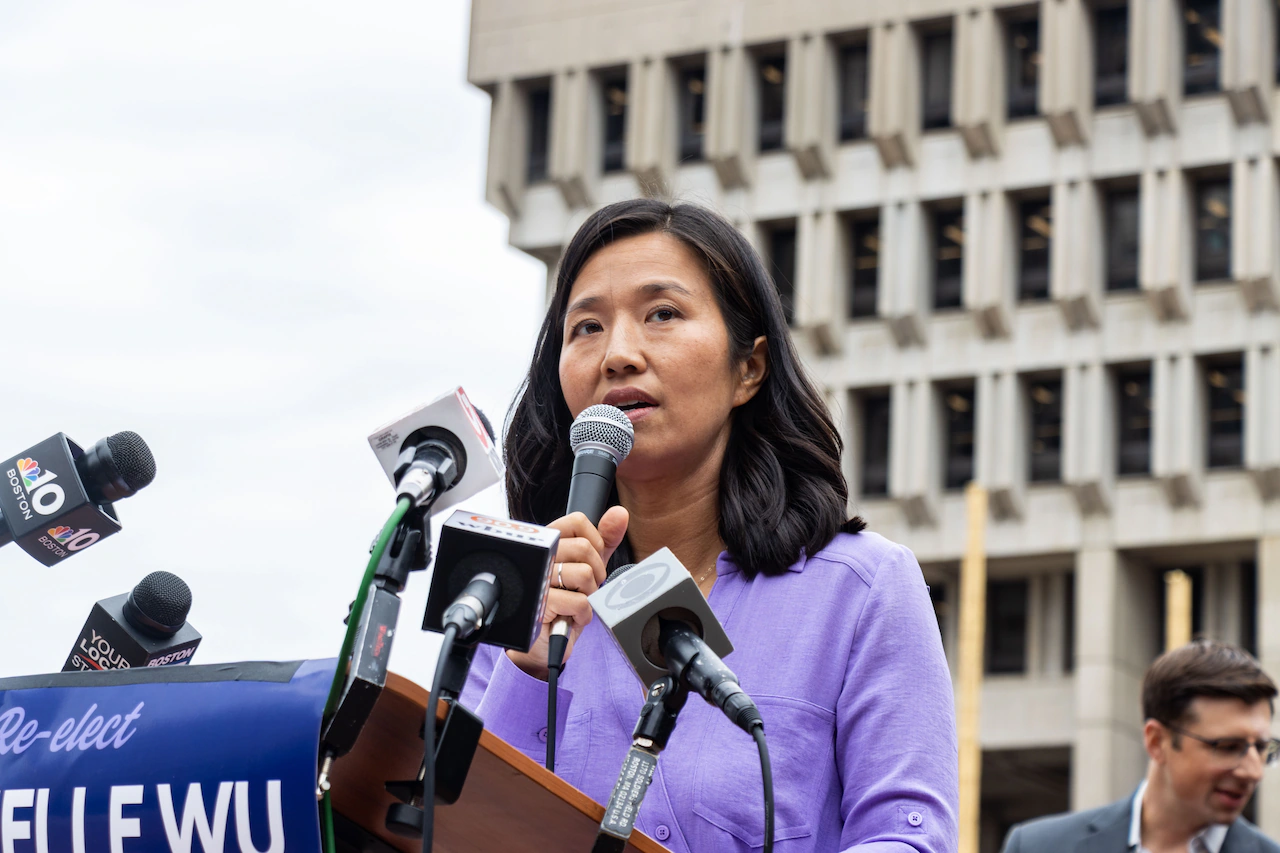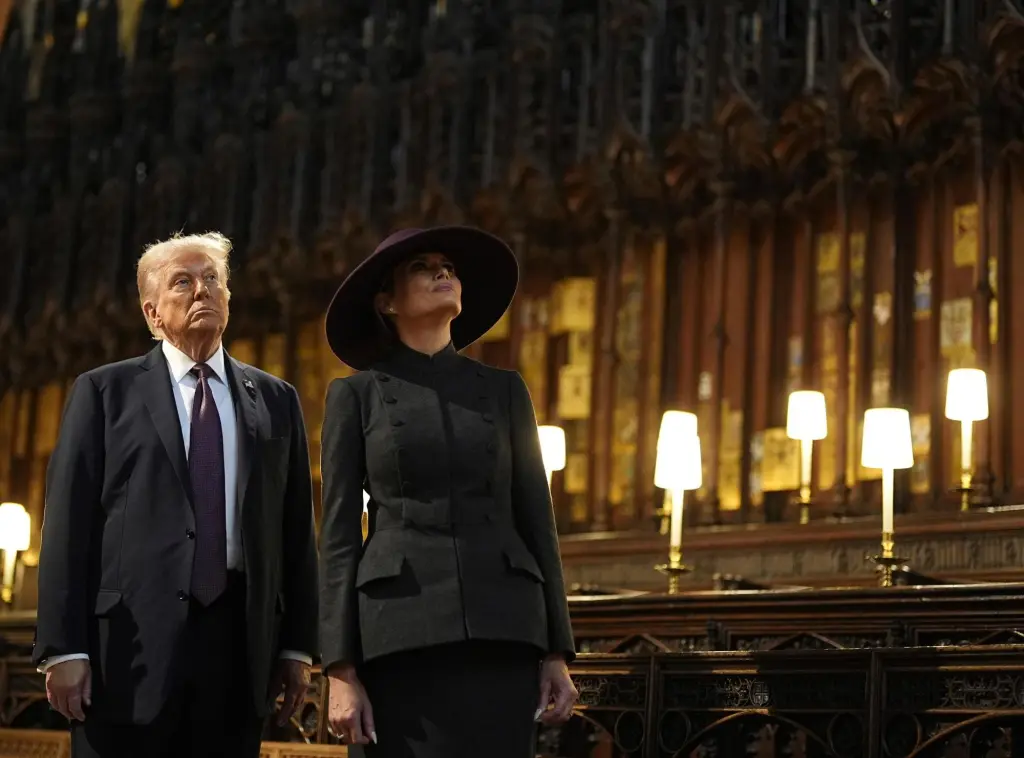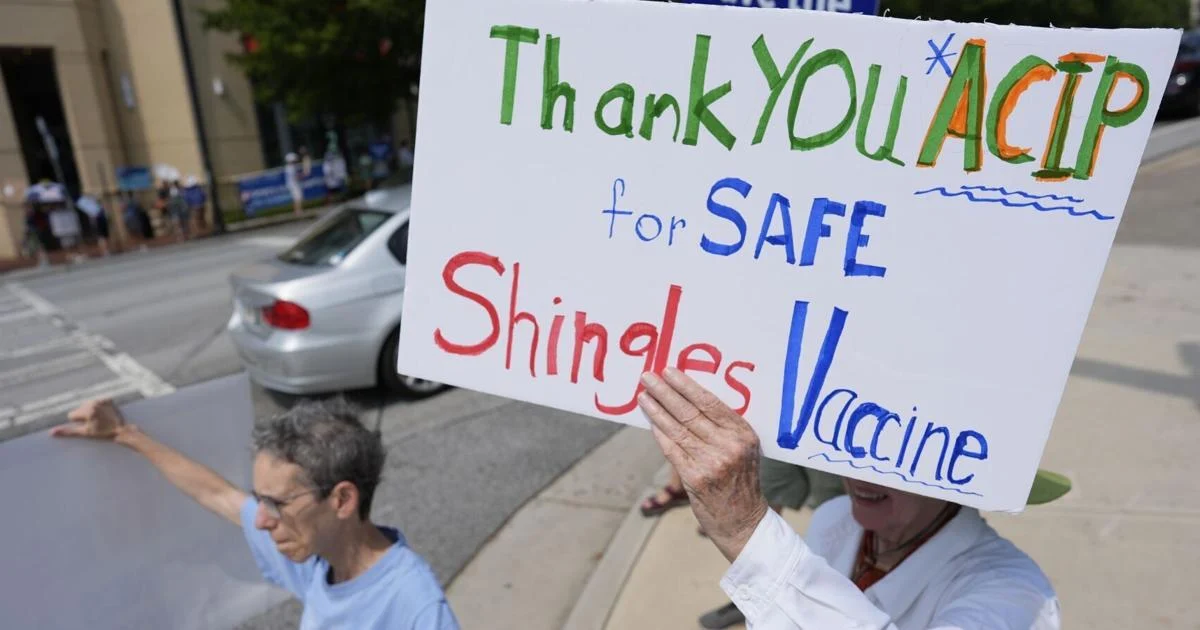
It’s probably safe to say that Boston Mayor Michelle Wu is feeling pretty good about things now that she officially has the 2025 mayoral field all to herself.
After all, city voters, or at least the barely 22% who showed up, seemed to send a clear signal that they were ready for another four years of Wu as the Democratic mayor romped to victory over philanthropist Josh Kraft in the Sept. 9 preliminary election.
With Kraft’s exit from the field on Sept. 11, and with community activist Domingos DeRosa denied a spot on the fall ballot after a failed recount bid on Monday, there’s nothing to stop Wu’s march to a second, four-year term in City Hall.
But if you’re a Boston voter, should you be feeling good about the fact that Wu will effectively win by acclamation, and will not be forced to defend her policies and vision for the city in the heat of a fall election campaign?
In short, it’s complicated.
On the one hand, there’s nothing new under the sun about Wu’s victory. Boston voters haven’t bounced an incumbent mayor since they sent James Michael Curley packing in 1949.
“Wu’s favorability in Boston is the reason [Kraft] dropped out — so that suggests voters are mostly satisfied with her performance,” UMass Amherst politics professor Ray La Raja told MassLive.
Her win was also part of a larger pattern of Bay State voters being just fine with keeping incumbents in place unless there’s a really compelling reason otherwise.
You don’t have to look any further than the nearly challenger-proof state Legislature for evidence of that.
With all that in mind, Wu’s decisive, 72% finish over Kraft and the subsequent field-clearing is just more of the same.
“Democracy worked. There were [three] opponents in this race, and Michelle Wu won overwhelmingly,” Mary Anne Marsh, a Democratic analyst from Boston, said. “And she did it without doing any of the things that [President] Donald Trump is doing. She did it without suppressing any votes or by resorting to propaganda.”
There’s “no question from the solely political perspective that no opposition in November is great for Mayor Wu,” veteran political consultant Tony Cignoli, of Springfield said. “ … That massive victory, and no opponent, means she has a mandate to continue to do and advocate [for] the positions she has through this term.”
But if you cling to the ideal of competition and a belief in the marketplace of ideas, then you might well be upset about the thought of the fall campaign turning into a mere formality, with the same subset of the most engaged voters making leadership decisions for the whole city, while the rest mostly stay at home.
And from affordability and education to housing and the ongoing incursions by the Republican Trump administration, there’s no shortage of issues and challenges to contemplate.
“Boston would be better run if the mayor actually felt electoral pressure to improve the quality of life for people in the city,” Jesse Hunt, a Republican consultant from Washington, D.C., with Bay State roots, said.
La Raja offered a similar analysis.
“… Incumbents running unopposed are generally unhealthy for democracy. It diminishes participation and doesn’t give voters a choice,” he continued. “It is also good to have campaigns to hold incumbents accountable. So while Wu’s supporters may be happy, the lack of opposition has broader downsides.”
Still, it’s worth noting that just 28.9% of the city’s registered voters showed up in 2021, when Wu faced off against Annissa Essaibi George in her first bid for the Mayor’s Office.
That was less than the turnout in 2013, when the city had its last open mayoral election, Boston.com reported at the time.
Voter turnout in the 2021 preliminary election was about 25%, less than those who showed up to vote on Sept. 9.
Wu, meanwhile, was philosophical when she was asked about the prospect of running unopposed and how it could impact the people who show up at the polls.
“Every election matters and every election is important,” Wu told reporters after a Monday speech to the Greater Boston Chamber of Commerce.
“November is an incredibly important time for everyone to get out and make sure their voices are heard, both to choose the city councillors who will represent them and to finalize what will happen at the mayor’s race,” Wu continued.
” … My team and I are going to continue to be out there and working hard to drive up turnout and make sure that people know that an election is happening and that it makes a difference for everyone in the city of Boston to be able to participate,” she concluded.
The voters will decide that on Election Day, and the proof will be in the turnout numbers.



